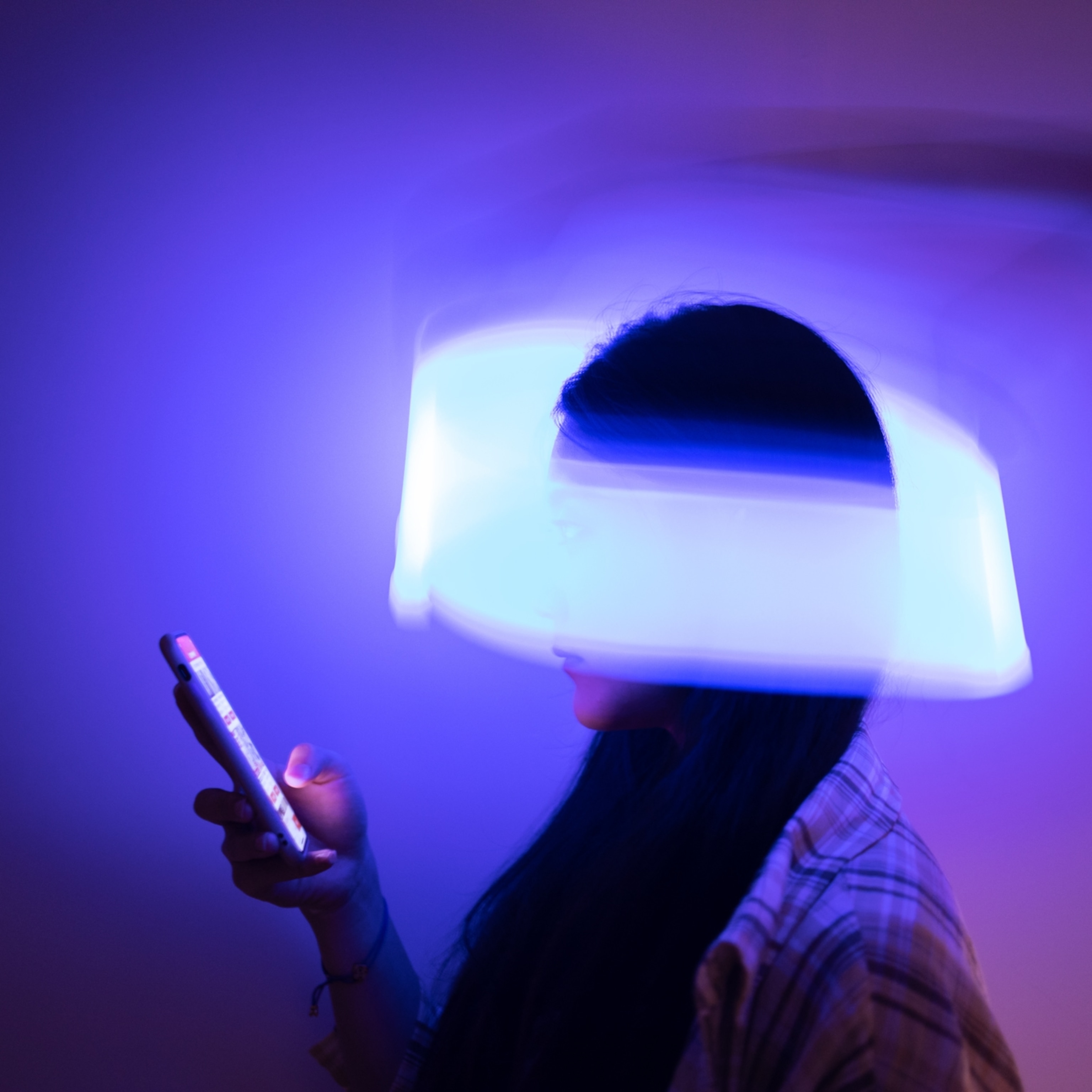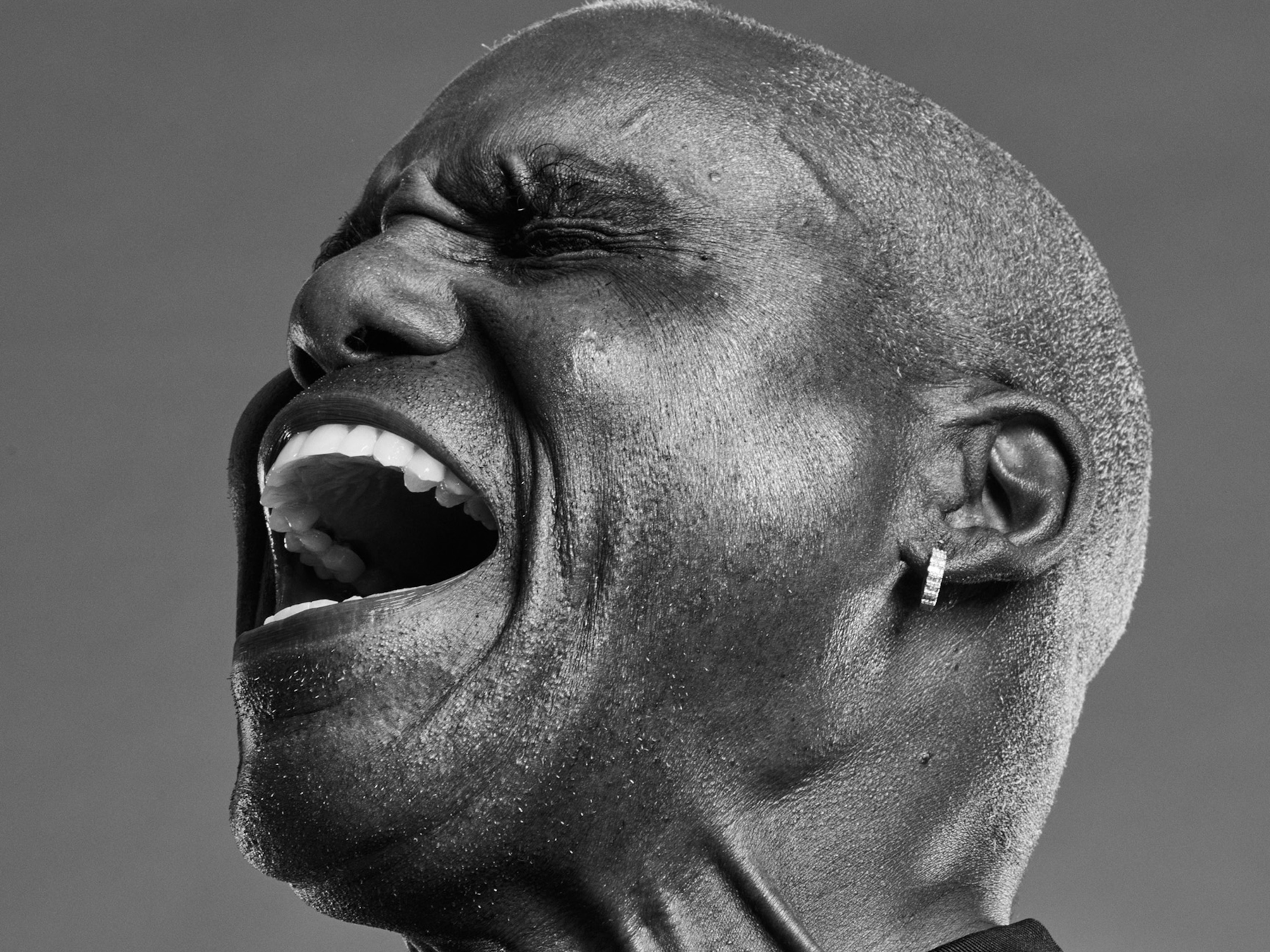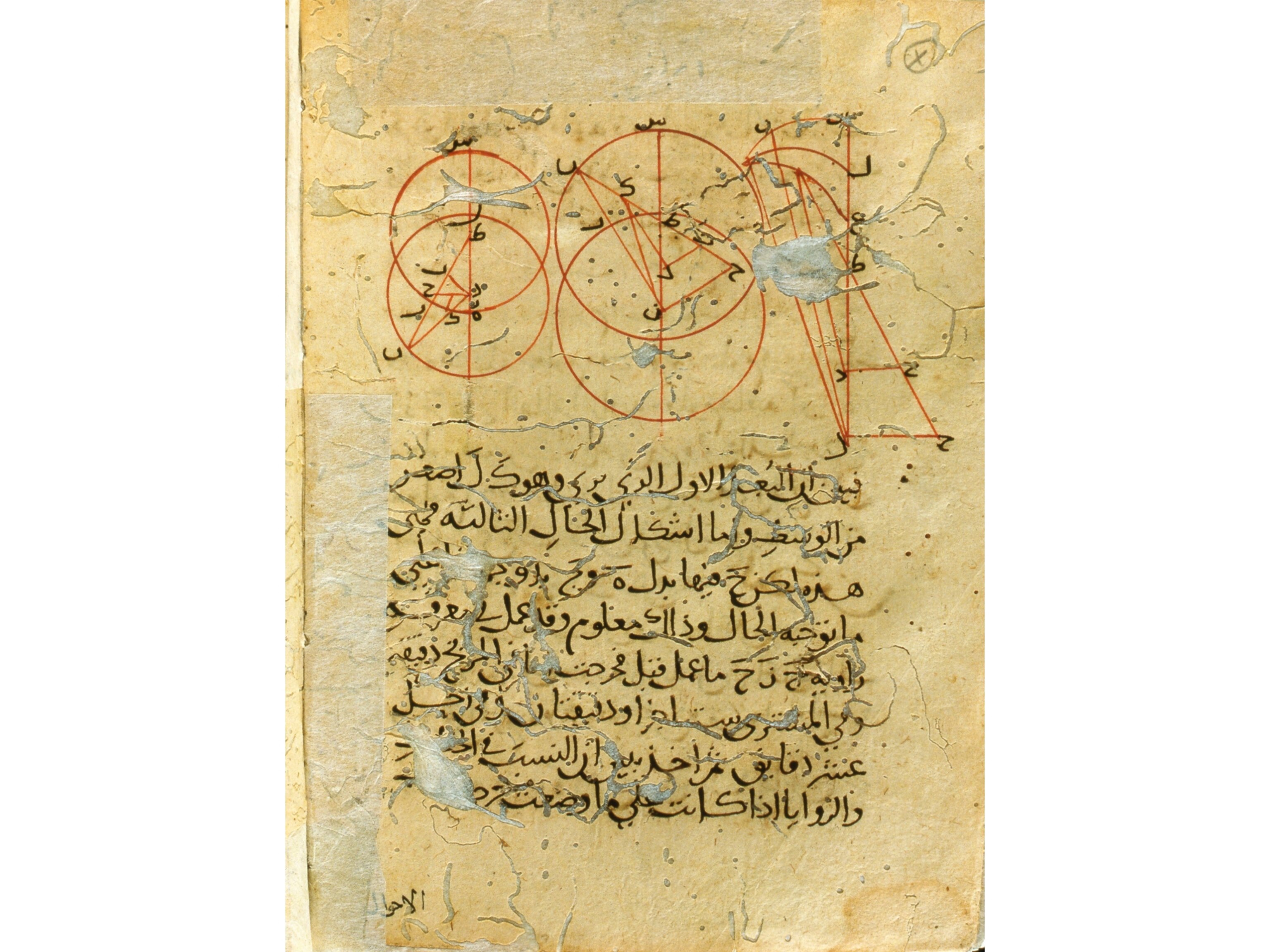
Is Islam Hostile to Science?
In the golden age of Islamic science, they weren't doing Islamic science—they were doing science, says author.
It's easy to take the wonders of modern science—gene technology, particle physics, robotics—for granted. But it took a long, hard road of experiment and discovery—and failure—to make these leaps. In his new book, To Explain the World: The Discovery of Modern Science, Nobel Prize-winning theoretical physicist Steven Weinberg tells the inspiring story of science's greats and the obstacles that stood in their way.
Talking from his home in Austin, Texas, Weinberg explains how the scientific revolution in Europe laid the foundations for today's science, why he watches old movies while he's doing physics, how religion has influenced Islamic science, and why joy is ultimately what drives science forward.
You say this is a book about how we came to learn how to learn. I'm confused.
Scientists today learn about nature by doing experiments and making observations. We're pulling things together into theories, from which we derive consequences, and then check those consequences against both observation and experiment, modifying our theories where necessary.
But this way of pursuing truth is quite new from the perspective of the history of mankind. It really gets under way in the scientific revolution of the 16th and 17th centuries and isn't mature until well into the 18th. Our predecessors, like Archimedes or Ptolemy, some of whom displayed great brilliance, didn't see the pursuit of truth about nature in this way. We had to learn it, and it was very hard.
You claim that "before history there was science." Is that just the bias of a physicist?
[Laughs] I don't think so. If anything, it's the generosity of a physicist recognizing that even people who didn't read and write could still behave in some respects like scientists, amassing information about nature and remembering it and making generalizations.
There are obvious examples, like the fact that fire tends to be hot. That must have been understood very early, when people learned to cook food by making fire, and they learned to avoid putting their hand in the fire. These are primitive forms of scientific generalization, but they didn't build up into a general theory.
When they did, as in the beginnings of Greek science, people didn't feel the need for verification. That's an example of how different the mentality of our predecessors, even in a highly cultured civilization like ancient Greece, was from ours.
What was the first recorded scientific experiment?
That's an interesting question, because it depends on what you mean by experiment. Observation of nature to formulate wide-ranging generalizations certainly goes back to Aristotle. But Aristotle thought there was a fundamental importance to the natural as opposed to the artificial, so the last thing Aristotle would have done was set up artificial circumstances for exploring general principles. For Aristotle, the only interesting things were natural, that didn't have to be set up artificially.
Some of the Hellenistic Greeks, like Ptolemy, did a kind of experiment on light. They studied the reflection and the refraction of light, and they did derive general principles. But these early experiments by the Greeks were really stillborn and didn't lead to an experimental culture. The real beginning of experiment in science goes back to Galileo, with his experiments on balls rolling down inclined planes.
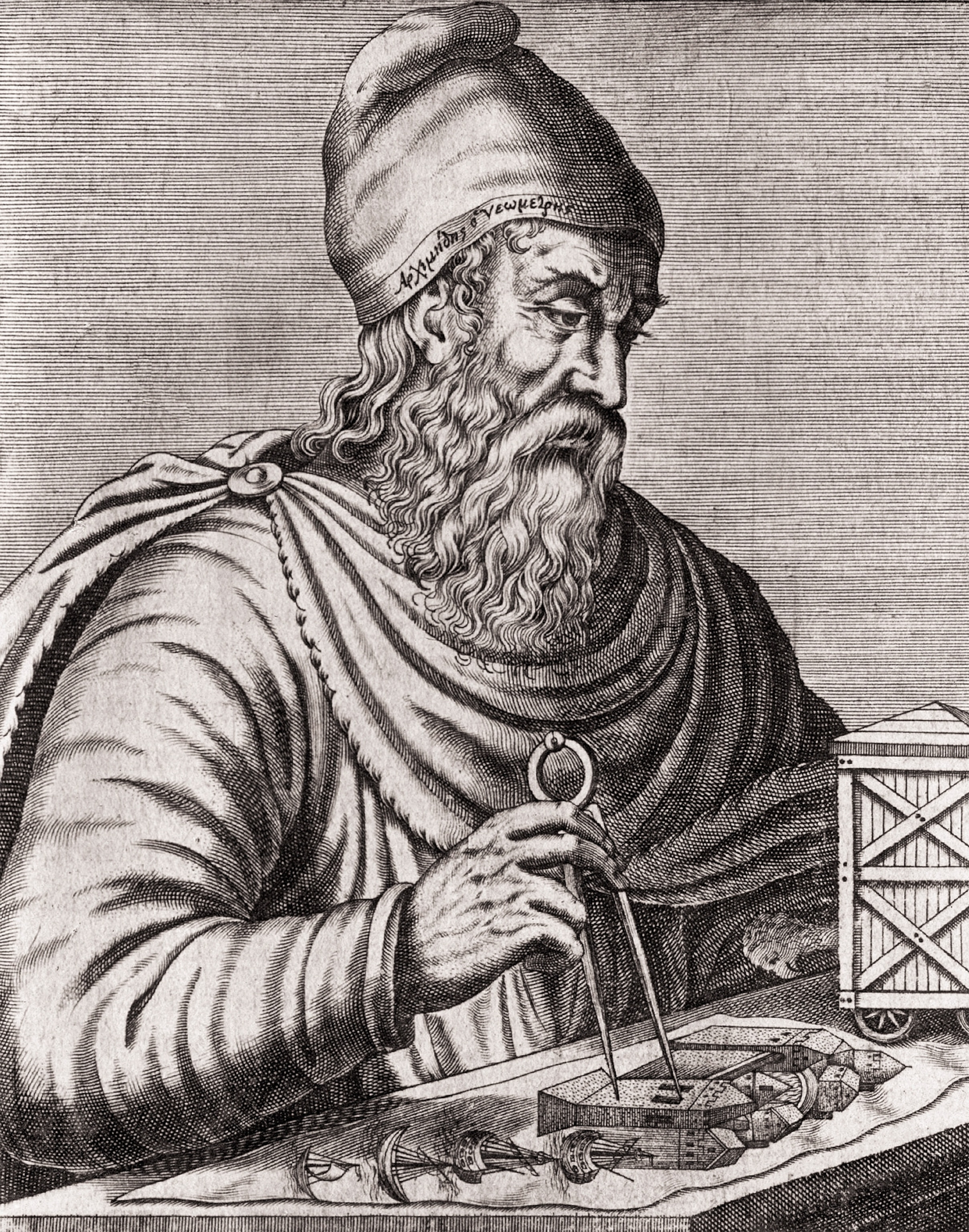
You're not a big fan of Aristotle. By contrast, you rate Archimedes very highly. Was he more than just the "man in the bathtub"?
[Laughs heartily] I have great respect for the energy and intelligence of Aristotle. But he had ideas about nature and about how to study nature that really impeded progress. Archimedes was a brilliant mathematician, which Aristotle wasn't at all.
For instance, Archimedes was able to use a primitive form of calculus thousands of years before Newton and Leibniz invented it. He was able to calculate the area of the circle. That was an incredible achievement because you couldn't do that using the methods of Euclid without ideas that went way beyond those methods, very close to what we now call integral calculus.
He also used mathematical insights to solve physical problems. His book on floating bodies reads somewhat like a modern treatise on mathematical physics. He also had a practical bent. He invented a kind of screw that could be used to bring water up from deep pools to the surface of the Earth, which was used for centuries in agriculture. Archimedes was a mathematician, an engineer, and almost in a modern sense, a physicist.
One of the striking claims in your book is that religion is incompatible with science. Why?
[Firmly] I didn't say that. What I said was, in order to be a scientist, you don't have to commit yourself to not being religious. There are some very good scientists who are quite religious, and there have been throughout history. Galileo was quite religious, so too was Newton, albeit in a somewhat unorthodox way.
But when you do science, you have to put aside religion. You must exclude the divine from your theories about the world. Once you bring in the supernatural, you can explain anything, but none of your explanations can ever be confirmed, since you're using ideas that go beyond human sense.
So what I'm saying is that you can be religious or not—I'm notoriously not religious—and still be a very good scientist. But you can't bring the religion into the science. Your scientific theories must not rely on assumptions about God.
You say that today's politics complicate our view of the achievements of Islamic science. How so?
There is a tendency on the part of some Muslim scholars to exaggerate the accomplishments of Islamic science. And they don't need to be exaggerated. During the golden age of Islamic science, which ended somewhere between A.D. 1100 and 1200, Muslim scientists were way ahead of their contemporaries in Christian Europe.
The question really comes up when people talk about the decline of Muslim science, which I think was real, and some scholars of Muslim civilization think was real. Others vociferously defend the continued excellence of Muslim science. I don't believe that. With a few exceptions, you don't find great names in Muslim science after about 1100.
And when the scientific revolution came, it came in Europe, not in the world of Islam. For example, Muslims kept building observatories with very carefully made instruments, with which they could make very accurate measurements of the apparent motions of the sun, moon, and stars.
But even after European astronomers began using telescopes, none of the astronomers in the Muslim world used telescopes until modern times. That's because they weren't building those observatories to do science. They were building them for purposes of making religious calendars and determining the direction to Mecca.
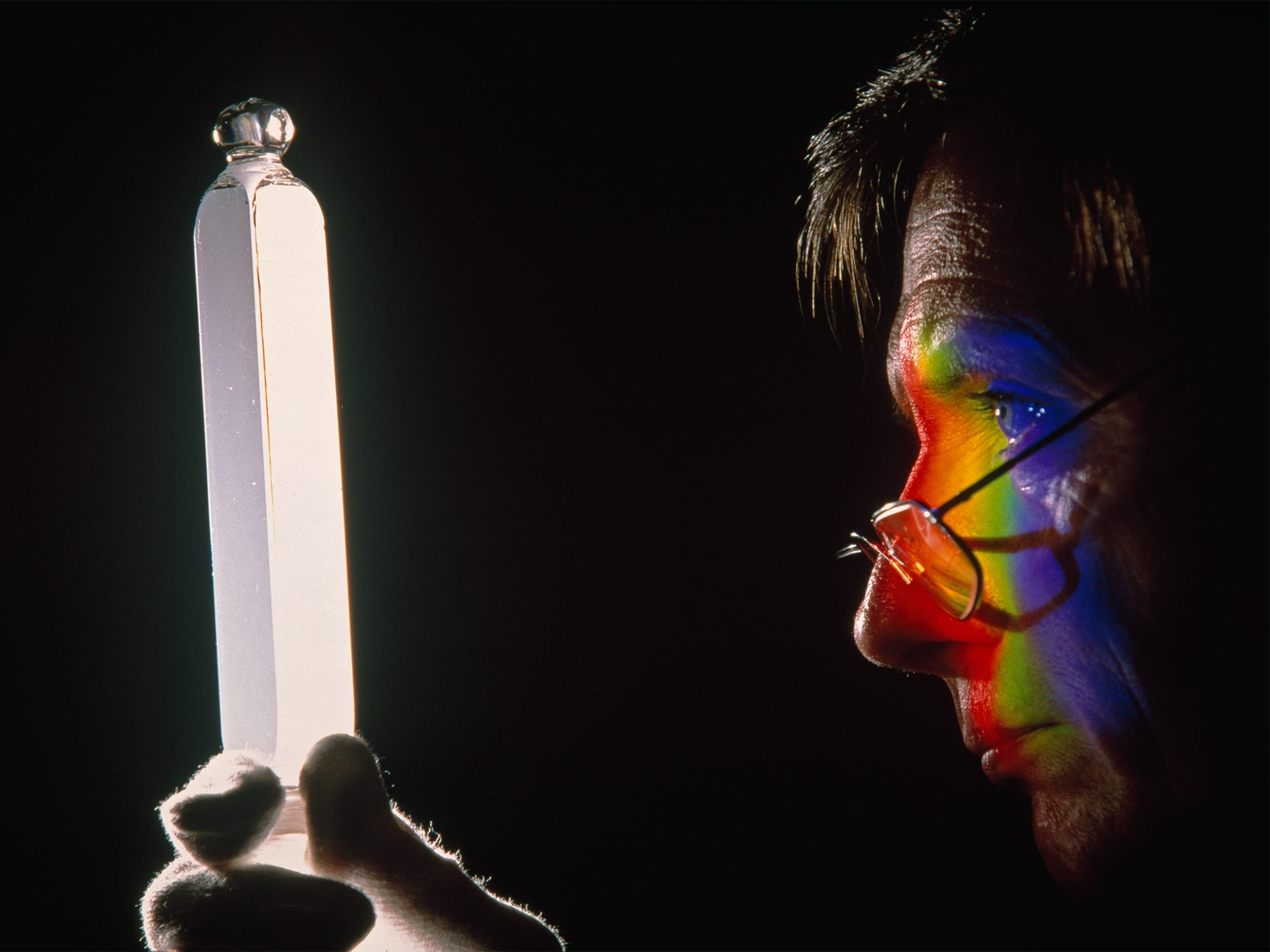
So is Islam hostile to science?
I don't think so. One of my good friends in science was Abdus Salam. He was a first-rate theoretical physicist and a devout Muslim. But he didn't bring Islam into his science. A Pakistani physicist has pointed out some of the ridiculous efforts in recent years in universities in Pakistan to apply the methods of physics to the nature of paradise. Being a Muslim doesn't mean you have to indulge in such nonsense.
A number of the leading Arab scientists were quite irreligious, and even hostile to religion. One of the great physicians of the golden age of Islamic science, Persian Abu Bakr Muhammad ibn Zakariya al-Razi, wrote a book saying mankind would be better off without religion. In the golden age of Islamic science, they weren't doing Islamic science—they were doing science.
One of the heroes of this story is Newton. You say he represented the climax of the scientific revolution—but "what an odd bird to be cast in such a historic role!" Tell us about some of his quirks.
Sometimes people ask me which of these great scientists I'd like to have a beer with. There are some I think I might enjoy sitting down and chatting with over a beer, but Newton isn't one of them. He intentionally limited his life. He traveled back and forth between his birthplace in Lincolnshire and Cambridge, where he went to university and became a professor, and London, where he became president of the Royal Society and Master of the Mint.
He never went outside that track. He never saw the sea, which is incredible because he was so interested in the tides. But he only knew about the tides from reading about them. Voltaire says that when Newton died, his doctors said he had never had intimate relations with a woman, although it's not clear how they could have known that.
He was also a nasty antagonist to have. He hated Robert Hooke, who was a very perceptive and active scientist. Hooke had argued with Newton over Newton's theory of color, and Newton never forgave him.
He got into a notorious argument with Leibniz over who invented calculus, in which he anonymously wrote reports giving the credit to himself without identifying himself as the author of the reports. Then he anonymously wrote reviews of those reports, agreeing with them, again without naming himself as the author of the reviews. He was unquestionably the greatest scientist of the modern age, with Darwin and Einstein. But he was a bad man to have as an enemy.
Einstein gets only a brief mention along with many other 20th-century scientists. Are you not a fan? Or did you just run out of space?
You could say I ran out of breath. Of course I'm a fan of Einstein. Einstein was unquestionably the greatest physicist of the 20th century, and arguably the greatest scientist since Newton, with the possible exception of Darwin. I raced through the whole history of science from Newton to the present in one chapter. But it's not possible to be a modern physicist without being an admirer of Einstein.
"Joy" isn't a word most of us associate with science. Yet you say it's one of the side benefits of our search for knowledge. Describe the joy that theoretical physics gives you.
Theoretical physics is a strange game. I work at home, sitting at my desk, looking out at Lake Austin, fooling around with mathematical ideas about nature, most of which don't work.
But every once in a while you develop a new wrinkle of a theory, a new way of applying mathematics to the real world, which then turns out to work. You're pushing the frontier of knowledge forward, very slowly and painfully, and most of the time what you're doing doesn't get you anywhere. Most of the work of theoretical physics is failure.
That sounds a bit depressing. Do you get depressed?
Doing theoretical physics takes you very far away from human affairs. It's completely disembodied. Which is why I watch old movies on TV while I am working on this cold, impersonal science. Even if I'm not getting anywhere, the movie keeps me at my desk. The sense of joy when something does work is, I think, what drives science forward.
Ptolemy said that when he was studying the solar system, he felt like he was drinking nectar, the libation of the gods. It's a beautiful description of how a scientist feels when suddenly something that he or she has done turns out to work. You suddenly say: "I've understood it, and this is the way the world is." It's exciting. It's thrilling. It's joy.
Correction: This story has been updated to specify that Abu Bakr Muhammad ibn Zakariya al-Razi was Persian, not Arab, as was incorrectly suggested previously.
Simon Worrall curates Book Talk. Follow him on Twitter or at simonworrallauthor.com.


